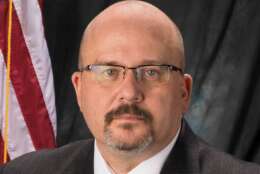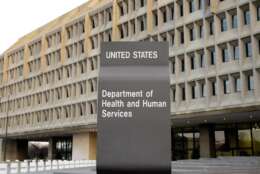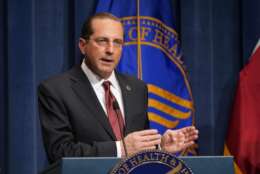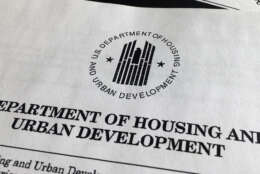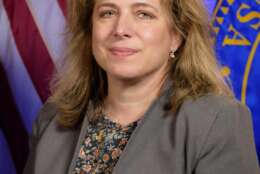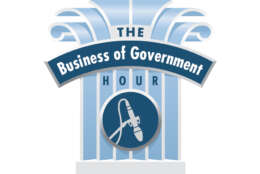Department of Health and Human Services
-
Karl Mathias, the CIO for the U.S. Marshals Service since 2015, will join HHS as its CIO on March 14.
March 02, 2022 -
A federal watchdog says the government's main health agency is failing to meet its responsibilities for leading the national response to public health emergencies including the COVID-19 pandemic, extreme weather disasters and even potential bioterrorist attacks
January 27, 2022 -
In today's Federal Newscast, the Government Accountability Office says it’s unclear whether HHS is ready to lead some pandemic response efforts that used to be led by the Defense Department.
January 20, 2022 -
The Department of Housing and Urban Development is expanding a partnership with several Health and Human Services agencies.
January 19, 2022 -
Meet the Presidential Rank Award winner who had to suddenly oversee the distribution of $178 billion
When Congress passed the first pandemic relief legislation, Diana Espinosa of the Health Resources and Services Administration led the team to manage a $178 billion fund.
January 14, 2022 -
Michael Peckham, the former CFO of the Program Support Office at HHS, is one of several executives retiring after more than 30 years in government.
January 12, 2022 -
Long-time data guru Tom Beach joins the FDA while GSA shuffles some seats after Carlton Shufflebarger retires after 37 years in government.
December 13, 2021 -
Outside of the blockbuster parts of the 2022 defense authorization bill, there are many new policies Congress will mandate the Pentagon to enact once the bill is signed into law.
December 08, 2021 -
Ruth Ann Dorrill, Regional IG for Evaluation and Inspections at the Department of Health and Human Services, is this year's recipient of the June Gibbs Brown Career Achievement Award.
December 02, 2021 -
HHS' inspector general found the department faces significant challenges when it comes to data, managing it and using it. With details, the senior counselor to the OIG, Andrew VanLandingham, joined Federal Drive with Tom Temin.
November 30, 2021 -
How does the HHS' Program Support Center (PSC) support the business of government? What is it doing to transform how it delivers services to its agency partners? How is it using emerging technologies to enhance its programs and services? Join host Michael Keegan as he explores these questions and more with Michael Peckham Acting Chief Financial Officer & Director of the Financial Management Portfolio at HHS’ Program Support Center.
November 15, 2021 -
Natural language processing and automation are some of the technologies agencies are considering both to cope with an aging out of the federal workforce.
October 27, 2021 -
HHS' artificial intelligence strategy aims to promote AI adoption, and to ensure that algorithms are fair, legal and ethical.
October 21, 2021 -
Spending on professional services has been steadily increasing every year.
October 20, 2021 -
Contractor CGI recently won a contract from the Centers for Medicare and Medicaid Services. The task is to build an application programming interface gateway.
October 15, 2021

